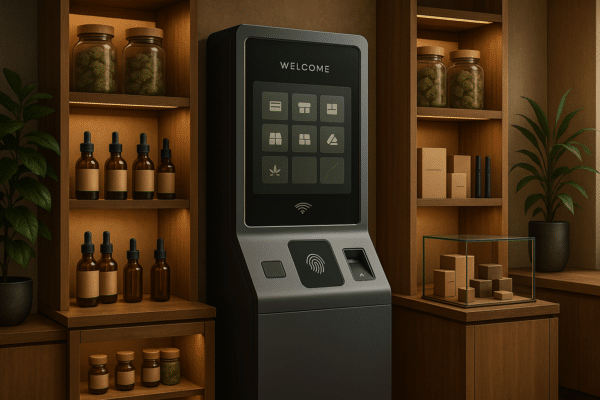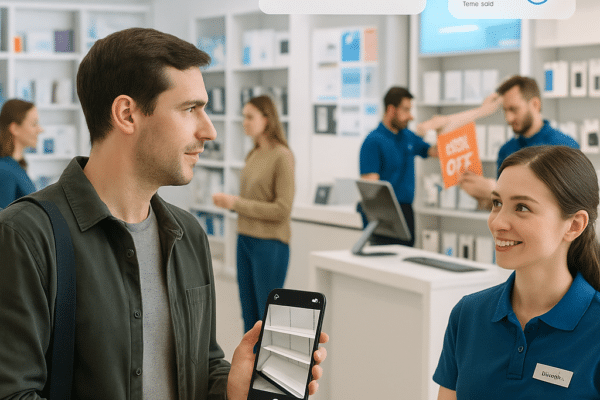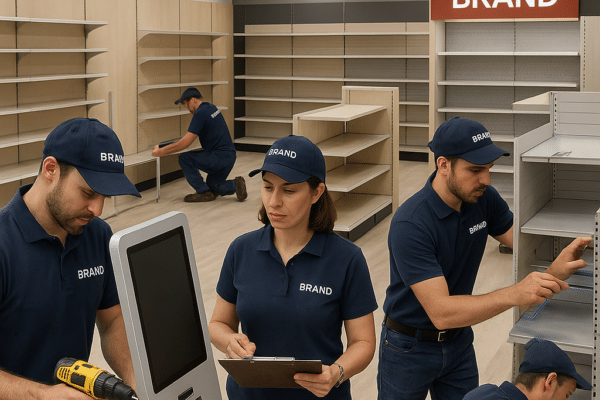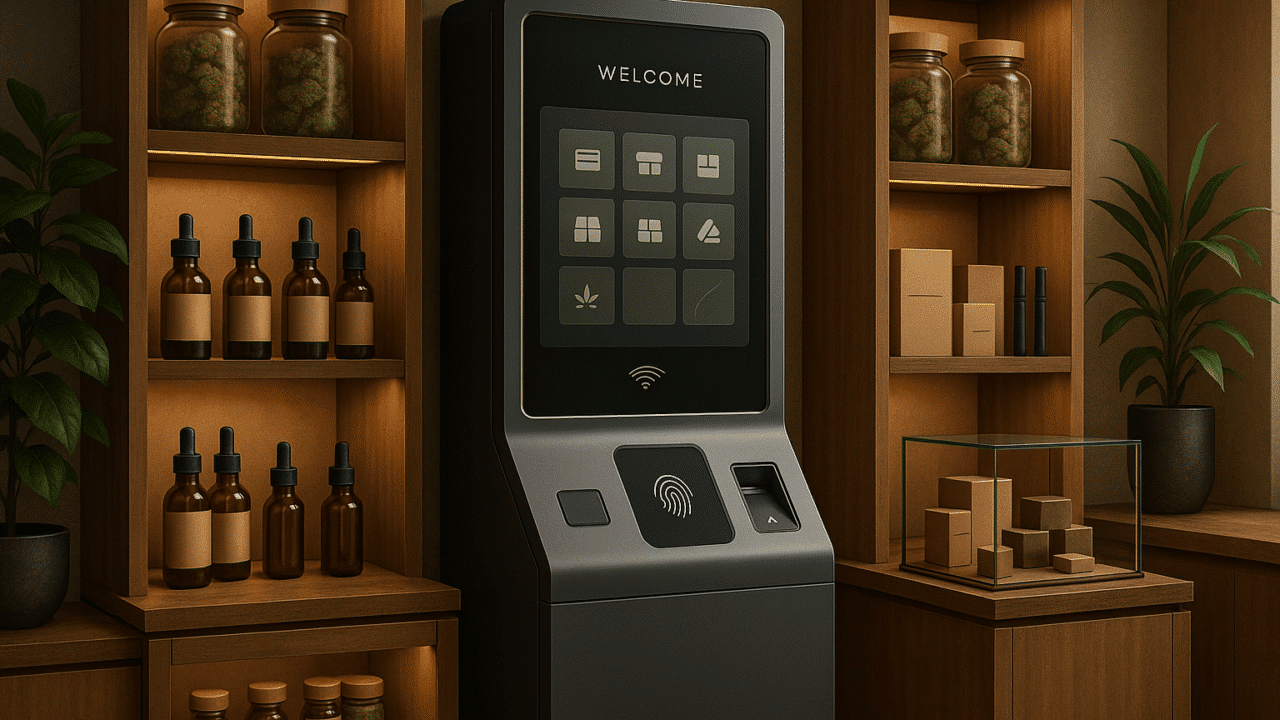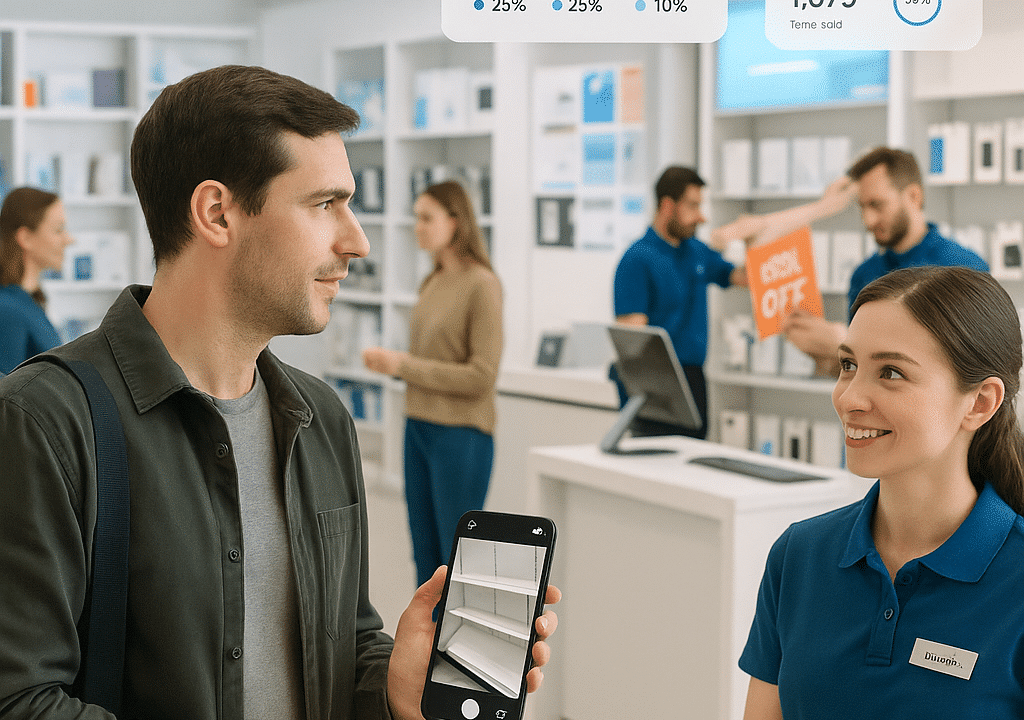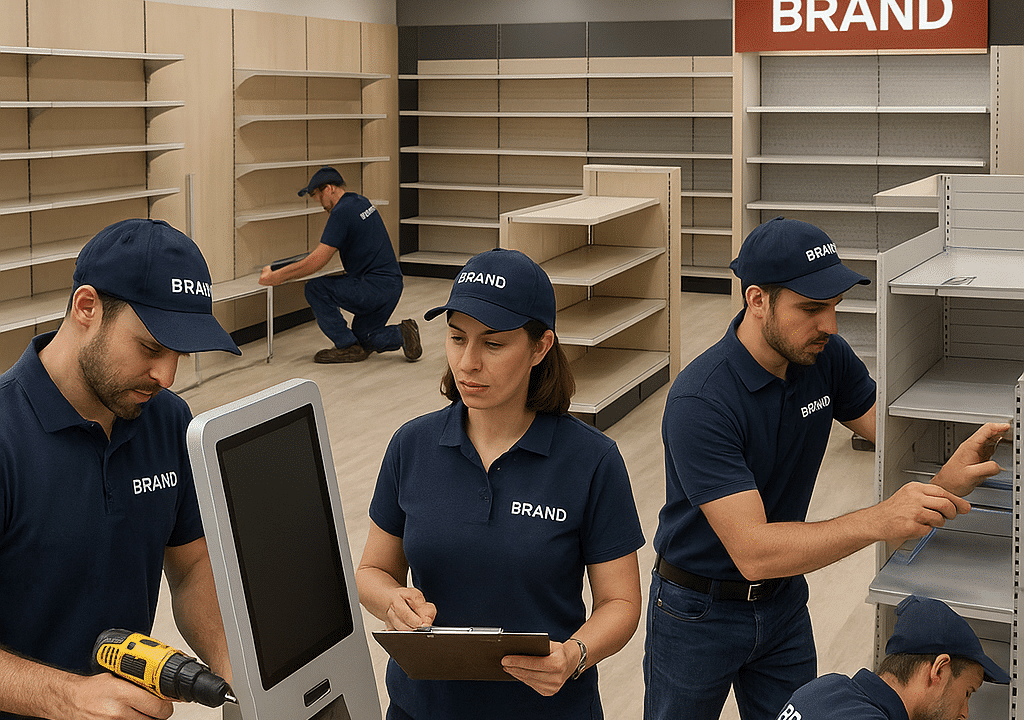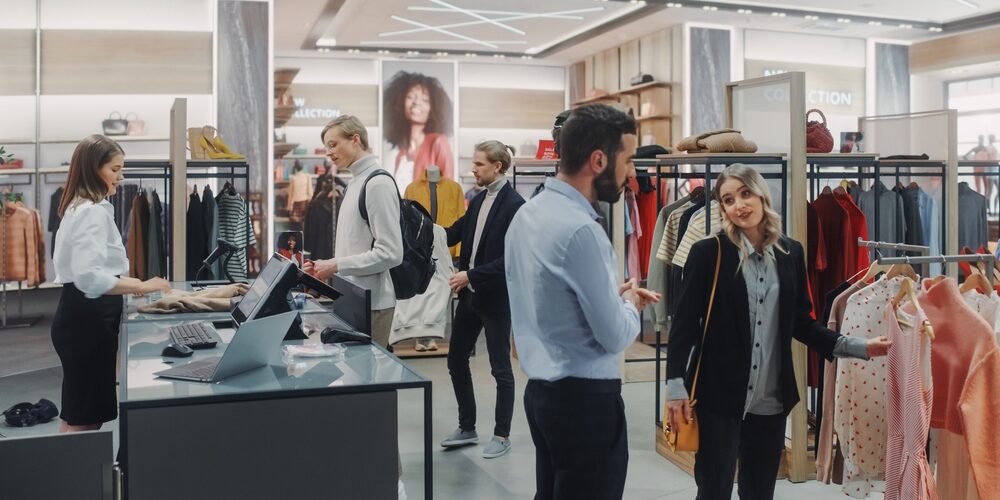
Unlocking Customer Loyalty Through Advanced Clienteling Applications
In the landscape of modern retail, meeting consumer needs and building brand relationships extends beyond merely offering great products. As e-commerce continues its transformative journey, retail businesses are challenged to provide exceptional shopping experiences that not only attract new customers but also foster unwavering loyalty. One of the most powerful tools helping retail businesses get there are clienteling applications.
Understanding the Role of Clienteling Apps
Clienteling solutions are strategically designed to empower store associates to deliver personalized services and build meaningful relationships with customers. These applications leverage robust customer data and profiles, equip store associates with insights into customer purchase histories, preferences, and other critical information. The goal is to enable more relevant and personalized interactions, aligning store associate incentives with the delivery of outstanding customer experiences across channels.
Core attributes of a successful clienteling strategy include access to comprehensive customer profiles, purchase histories, appointment scheduling, client wish lists, and omnichannel messaging. Leading solutions seamlessly integrate with Customer Relationship Management (CRM) systems and offer real-time access to inventory, maximizing productivity on the sales floor and motivating store associates to deliver exceptional service.
Especially crucial for luxury retailers, clienteling becomes a cornerstone strategy, allowing stores to consistently recognize key customers and understand their needs across all locations and omnichannel activity.
This level of personalization enables luxury retailers (and luxury brands) to deliver bespoke experiences, reinforce emotional connections with customers, and strengthen brand relationships.
The Intersection of Technology and Retail
Retail clienteling is the union of technology and retail into a transformative force that reshapes customer experiences. Retail businesses are increasingly adopting clienteling strategies – not only as a way to adapt to today’s digital disruption, but also to fortify customer relationships.
For store associates, clienteling aims to enhance productivity and streamline access to crucial customer insights. Features such as appointment booking, task management, and digital client books remove friction from serving VIP clients and key customers, allowing store associates to spend more time personalizing engagements and less time on administrative tasks.
For customers, clienteling introduces conveniences such as online appointment booking and access to wish lists across various channels. The omnichannel features of clienteling ensures that insights seamlessly flow across stores, emails, mobile devices, and online retail channels, providing a consistent and interconnected experience.
How Clienteling Apps Positively Transform the Shopping Experience
Clienteling apps play a pivotal role in positively transforming the customer experience in several key dimensions:
- Personalization at Scale: These apps empower all associates to recognize key customers and utilize data like purchase histories, preferences, and past interactions to personalize engagements. This eliminates any learning curve and the need to start afresh every time a customer visits a retail store.
- Omnichannel Conveniences: Customers aren’t limited to shopping on the sales floor. Instead, they can seamlessly book appointments, access wish lists, and consult with associates remotely. This mobile clienteling capability saves time and ensures a consistent brand experience both in retail stores and across channels.
- Strengthened Relationships: Clienteling platforms motivate associates to proactively strengthen relationships with top customers by setting personalized goals. This proactive approach drives customer retention and loyalty.
- Elevated Service Levels: Access to consumer data and profiles means associates spend less time on administrative work and more time delivering elite service. The collaboration between associates is also streamlined, allowing for easier sharing of valuable omnichannel insights.
- Rewards for Loyalty: Features like visibility into purchase history and expedited check-out provide added conveniences to VIPs and top customers. They feel recognized and rewarded for their loyalty, reinforcing their commitment to the brand.
Personalization and its Impact on Loyalty
Personalization has emerged as a critical element for today’s consumers, who expect every interaction to cater seamlessly to their individual needs and preferences. Retailers are turning to innovative clienteling apps to enable sales associates to identify customers on sight, call them by name, and reference their unique purchase history or expressed interests to provide tailored recommendations.
By tapping into rich consumer data and equipping associates with mobile clienteling technology, retail businesses maximize associate productivity and allow for personalized conversations that resonate powerfully with customers. Shoppers today want to feel valued as individuals. When associates can demonstrate familiarity with a customer’s tastes and preferences, it strengthens the human and emotional connection between consumer and retail business.
The customized experiences enabled by clienteling apps are becoming central to retaining today’s high-expectation consumers by fostering meaningful relationships that extend far beyond the sales floor. Retail clienteling serves as a conduit for turning impersonal interactions into personalized conversations that win customer hearts, trust, and lifelong loyalty.
Leveraging Customer Data for Optimal Service Delivery
Clienteling solutions serve as data hubs, aggregating customer data from CRM systems, previous interactions, and omnichannel activity into comprehensive profiles. Armed with holistic insights into purchase histories, brand affinities, and product preferences, associates can deliver service that exceeds expectations and wows top customers.
Seamless access to rich consumer data allows associates to make every interaction feel tailor-made. This not only delights customers but also earns their continued loyalty as they recognize the brand’s commitment to understanding and catering to their needs.
Encouraging Repeat Business with Customized Offers
Clienteling apps empower associates to identify VIP shoppers and extend exclusive perks or offers to these top customers based on their profiles and purchase history. Customized promotions delivered in-store, such as invitations to upcoming events or early access to new collections, make customers feel valued.
These personalized rewards and experiences give shoppers an added incentive to return, creating a cycle of positive reinforcement that strengthens loyalty to the retailer.
Future Trends in Clienteling
Clienteling apps have already proven their efficacy in building customer loyalty for retail businesses. By providing sales associates with instant access to customer purchase histories, preferences, and notes from previous interactions, these apps maximize associate productivity, enabling them to deliver highly personalized service to top clients, fostering meaningful brand relationships.
Looking ahead, clienteling apps are poised to further champion customer loyalty. As these apps accumulate more consumer data over time, they will build increasingly detailed customer profiles. This wealth of information will empower associates to make spot-on product recommendations and provide VIP treatment to loyal customers. Features like digital client books with photos, sizing info, and style notes will enable more consistency across experiences and channels. Integration with CRM platforms will give associates a holistic view of each customer’s omnichannel activity, further enhancing the effectiveness of clienteling strategies.
Integrating Artificial Intelligence in Clienteling Apps
Artificial intelligence (AI) already plays a significant role in leading clienteling apps, with features like keyword search across customer records. However, AI’s role in the omnichannel clienteling experience is set to expand. Machine learning algorithms can analyze historical sales data to generate personalized product recommendations for each customer.
AI can also scan customer activity on brand websites and social media platforms to identify preferences and behaviors. Additionally, it can predict which items a VIP client is most likely to purchase on their next visit. Integrating these AI capabilities into clienteling apps allows associates to delight customers with hyper-personalized interactions at every touchpoint. However, it’s crucial for brands to strike a balance, ensuring that technology complements, rather than replaces, human relationships.
The Rising Importance of the Omnichannel Clienteling Experience
Creating an omnichannel clienteling experience is becoming increasingly important for any retail business in the modern landscape. An omnichannel strategy integrates sales channels such as physical retail stores, online stores, mobile apps, and social media to provide customers with a seamless shopping experience across all touchpoints. As consumer expectations around convenience and flexibility continue to rise, implementing an omnichannel retail strategy is crucial for retaining customers and driving sales growth.
About R-TOC Global
T-ROC Global stands at the forefront of revolutionizing retail strategies. With an entrepreneurial energy that mirrors its humble beginnings, T-ROC Global has grown into a sales and revenue engine, driving success for some of the world’s biggest brands. As pioneers in creating clienteling solutions, T-ROC Global is dedicated to optimizing customer experiences, fostering lasting relationships, and propelling businesses into the future. Join us in embracing innovation, unlocking customer loyalty, and shaping the next era of retail excellence.


